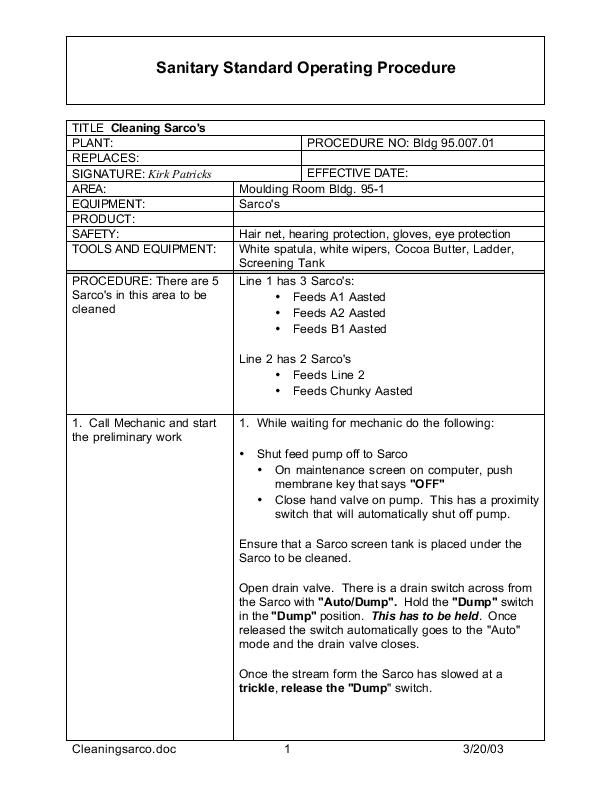
In a general sense, well-being can be understood as optimal psychological functioning and experience. Within this framework, diverse approaches have emerged. Positive psychology was recently established as a new perspective specifically addressing the study of well-being, quality of life, strengths, and resources.
It is currently known that the absence of pathology does not necessarily correlate with positive dimensions of health and well-being, and psychologists have begun to admit well-being as a relevant aim of study, as well as the factors that contribute to its encouragement.

Psychology was concentrated on repairing damage within a disease model of human functioning, paying almost exclusive attention to pathology and neglecting the study of the positive features that make life worth living. Since World War II, most conceptualizations of health have been focused on the absence of illness and disability. Devoting greater empirical, educational, and community efforts to romantic development in the stages leading up to adulthood are considered necessary actions in promoting the well-being of young people. The findings underline the importance of providing a better definition of well-being, as well as to attribute greater value to the significance of romantic relationships. On the one hand, these works revealed the terminological heterogeneity in research on well-being and the way the absence of symptoms of illness are commonly used to measure it, while on the other hand, they also showed that romantic relationships can be an important source of well-being for both adolescents and emerging adults. A total of 112 studies were included, following the Preferred Reporting Items for Systematic Review and Meta-Analysis Protocols (PRISMA-P) guidelines. This systematic review synthesizes the results produced into this topic over the last three decades.

However, the limited number of studies prior to adulthood, along with the multiplicity of variables involved in the romantic context and the considerable ambiguity surrounding the construct of well-being, make it difficult to reach conclusions about the relationship between the two phenomena. Adolescence and emerging adulthood are both stages in which romantic relationships play a key role in development and can be a source of both well-being and negative outcomes.


 0 kommentar(er)
0 kommentar(er)
